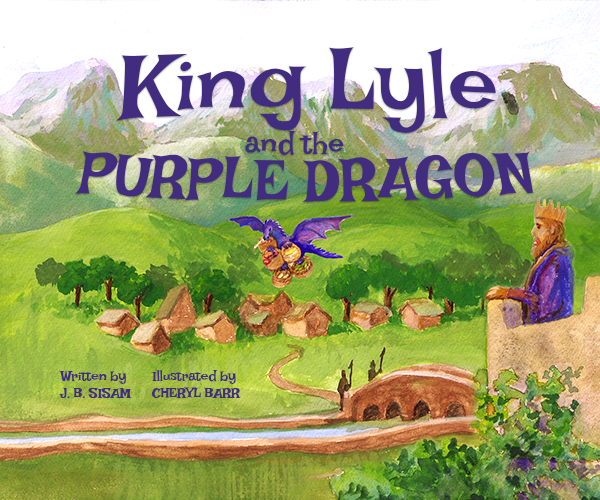Life can be revealed in so many ways. Books tell those stories and people, who have stories, read them and see life.
In today’s episode, we’re talking about telling our story by digging deep into our memories and pulling on life experiences. People think that writing fiction is better than real life and that real life gets a big thumbs down. But writing one’s journey by finding a message of hope can bring healing and hope to those who lack faith.
As a pastor, I find that telling real-life stories connects the listener to the message you’re bringing from the pulpit. There are countless people looking for hope and healing in the storms of life. They feel life has brought them to the ground and they’re drowning in the fear of the unknown.
Remember the story of the disciples crossing the Sea of Galilee? Jesus told them to cross the sea from Tiberias to Capernaum. A mighty storm rose up and tossed their boat. Fearing they would all drown, they cried out to Jesus, who slept in the boat, to do something. He rose up, rebuked the storm and it calmed.
The disciples feared they would die and Jesus asked them why so little faith existed in their hearts. So many people live life fearing what will happen. The storms of this life fill their hearts with dread without hope for tomorrow.
This is why writing our story is so vitally important. We get to inspire and show our readers something that can help calm the storm. As a Christian, I desire to use the Word of God and my story to help people discover their own faith and bring them closer to God.
I want to show you 5 things to help you connect with your story so you can write your memoir or article.
1. Be full of yourself.
I know that sounds contrite and well, stuck on yourself. But the reality is, if you don’t know who you are or know your message, you will not be able to articulate that message in a way that people will be able to understand.
The message that God has placed on your heart is calling to you and desires to be shared. If you don’t know your story, you can’t share your story. There truly is something special about being full of the message that God has given you.
Your story is unique. The storms, trials, and fears you’ve experienced in this life can bring hope and joy to those who are seeking answers for their own storms.
2. Be Vulnerable.
It’s one thing to determine what part of your story needs to be shared with the world, but it’s another to make it feel real and connected. Too often I’ve read articles that feel contrived and hallow because the writer didn’t want to be vulnerable or real.
People want authenticity and it’s up to you as a writer to pull upon the emotion you felt in those moments of life and make it feel real again. It might be difficult, but if you can bring that moment into the now, your readers will be able to connect on a very real level.
Maybe your depressed and in a dark place. Trying to write something that’s upbeat and positive will be a chore. It might come across as dry and emotionless. But, if you write from that darkness and that pit of despair, your words will grow and blossom.
I remember when I finally opened up about my foreclosure. I felt as if I was putting myself out there saying, I’m a failure and I don’t have it all figured out. As a pastor, that’s a hard pill to swallow. But when that one person comes up to you asking for advice on how to get out of debt and live a better life, it makes that story even better.
Why?
Because I was real and they were blessed by that authenticity and vulnerability.
3. Connect with your story.
This is where the rubber begins hitting the road. Take a moment, close your eyes and allow your mind to drift back in time and revisit that event. Focus on the details and connect emotionally with the story and think about the details in your mind’s eye.
- Coming home one evening, after spending the day with my then fiancé only to find that my front door lock was changed by the bank.
- The utter feeling of hopelessness.
- The ray of hope that the garage door opened.
- The heaviness of my heart that I failed.
- The feeling of relief that I could get into my home.
- The feeling of anger as I slammed my fist into the counter, because it was obvious I still lived there.
- The sheer shock that someone stole money from my bedroom before changing the locks.
- The anger and frustration that I had to change the locks back the next day.
Even as I write this, I can feel those same emotions rise to the surface and I can connect with that moment. Become connected with your inner self and find that story to connect with the reader. Help them discover that there is hope even though the storm rages.
4. Have an outline before you begin.
I know I probably sound like a broken record, but make sure you have an outline. It’s one thing to be full of yourself, to know your story, but it’s another to write with a structure in place. A good structure will allow you to write with focus and be able to unleash your creativity.
A lot of writers have a lot of varying opinions regarding how to structure their writing. If you’re writing fiction, you can be a little looser, but if you’re writing a non-fiction book or article, an editor will want to see a fully fleshed out outline.
Take time to write out everything you want to include. You can always change and alter your outline later, but start somewhere. If you are a fan of Scrivener, use their outline view to write down your outline. The nice thing about Scrivener, you can change and move your items around.
But start somewhere and allow your message to flow from your mind and onto the paper.
5. Write, write, write, and write some more.
This is truly where the rubber meets the road. This is where you take your structured outline and begin writing. Dig down deep and pull from the recesses of your heart and mind and write.
People won’t know your heart or your story unless you write. As writers, our goal is to help people see through their storms of life and find the stillness and peace that they desire.
So, sit down and write. You are the only one who can write your story and you are the only one who can release your story into the world.
[reminder]Have you ever written your story for others to read? How did it make you feel?[/reminder]
Write Now: eCourse
Subscribe to get, not only, my latest content by email, but you'll also receive over 2 hours of content from The J. B. Sisam Show where I open up how I write my books and how you can get started - Write Now!



 Jason (J.B.) Sisam. Best-selling Amazon author of the Christian Early Reader book,
Jason (J.B.) Sisam. Best-selling Amazon author of the Christian Early Reader book, 










LEAVE A COMMENT HERE:
Please note: I reserve the right to delete comments that are offensive or off-topic. Also, this is a clean website, use of any language is not tolerated and your post will be deleted.